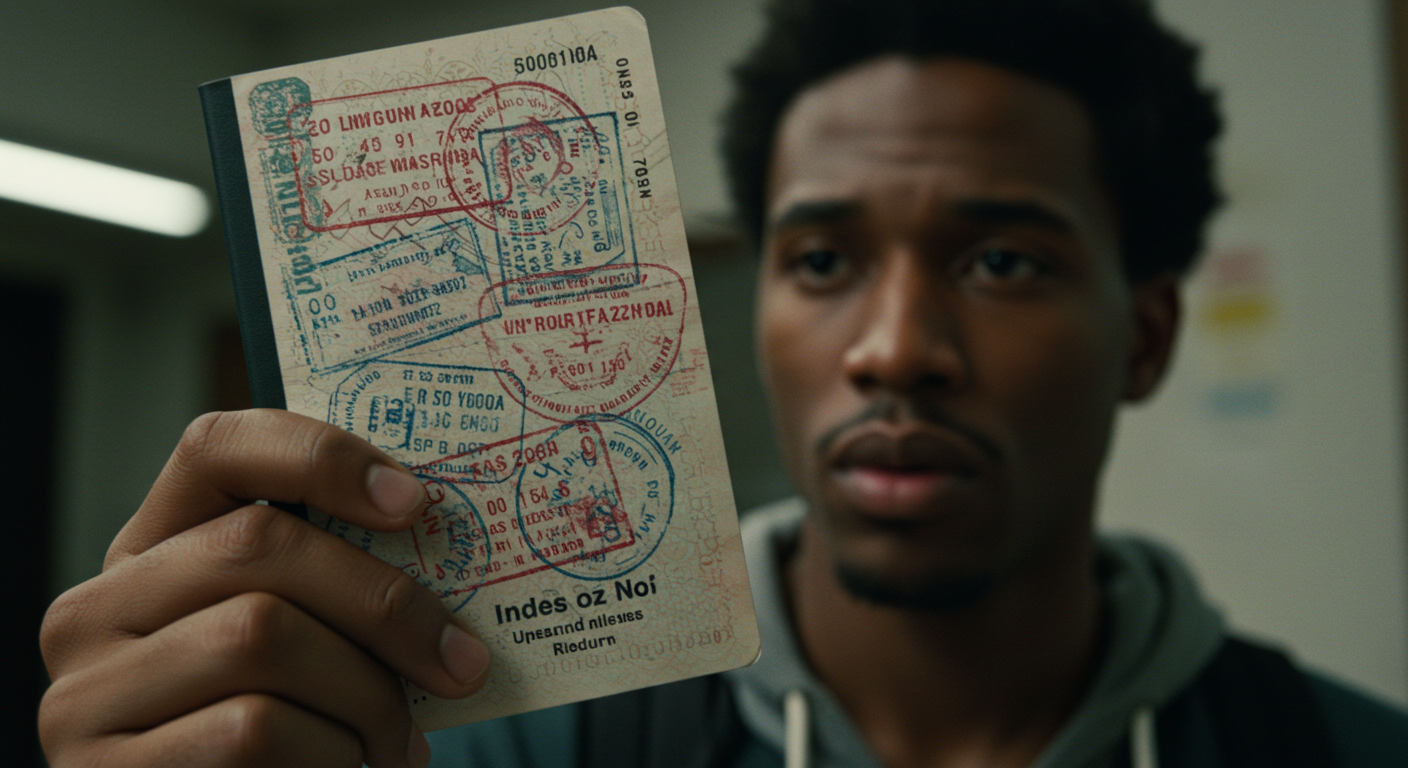Introduction
Dual citizenship — the legal status of being a citizen of two countries simultaneously — is often a lifeline for members of the African diaspora. For many, it represents the ability to bridge two worlds: the country of origin (or heritage) and the nation they have made their home. It offers personal, professional, and cultural benefits while also presenting legal, bureaucratic, and identity-based challenges. In the African context, dual citizenship carries particular weight because of the continent’s colonial history, its modern migration patterns, and its evolving political landscapes.
Why Dual Citizenship Matters to the African Diaspora
1. Preserving Identity Across Borders
For Africans in the diaspora, maintaining citizenship in their homeland is about more than paperwork — it is about staying connected to a living heritage. It ensures a legal right to return, invest, vote, and participate in the cultural life of their nation, even after decades abroad.
2. Mobility and Economic Opportunities
Dual citizenship allows diaspora Africans to travel freely between two regions without visa restrictions, own property without foreigner surcharges, and access public services in both countries. For example, a Ghanaian-American may enjoy unrestricted entry into the United States while also taking advantage of Ghana’s booming real estate market.
3. Emotional and Family Ties
For first-generation migrants, retaining homeland citizenship ensures they can care for aging relatives, manage inherited property, and be present for important cultural rites of passage.
Diaspora Stories: Personal Journeys
A. The Entrepreneur from Lagos to London
Amaka, a Nigerian-born fashion designer in the UK, secured British citizenship after a decade but fought to keep her Nigerian status. “My Nigerian passport connects me to my roots, but my British passport connects me to the world,” she explains. Her dual citizenship enables her to run textile sourcing in Lagos while marketing to European clients without lengthy visa processes.
B. The Kenyan-American Academic
David, born in Nairobi but raised in the US, regained Kenyan citizenship after the 2010 constitutional amendment allowing dual nationality. For him, it meant he could work in Kenyan universities during sabbaticals without navigating temporary work permits, while still voting in US elections.
C. The South African-German Family
For Lerato and Jens, raising their children in Berlin while keeping South African citizenship means their kids can inherit property in Johannesburg without legal complications. But they have faced tough questions about military service obligations in South Africa for dual nationals.
Legal Hurdles and Grey Areas
1. Not All African Nations Allow It
Countries like Eritrea, Tanzania, and Somalia either outright forbid dual citizenship or make it extremely difficult. Those who naturalize elsewhere may automatically lose their African citizenship unless they reapply — a process that can be costly and slow.
2. Bureaucratic Complexities
Even where dual nationality is allowed, processes often involve:
Lengthy application timelines.
Fees that are prohibitive for working-class migrants.
Conflicting documentation requirements between the two countries.
Some nations require an official “declaration of intent” to retain citizenship before obtaining a foreign one.
3. Conflicting Obligations
Dual nationals may be subject to double taxation, compulsory military service in both countries, or contradictory laws (e.g., on marriage recognition or inheritance).
4. Political Suspicion
In certain political climates, dual citizens are viewed with suspicion — seen as insufficiently loyal or accused of holding divided allegiances. In some African countries, dual nationals are barred from holding certain political offices.
Policy Trends in Africa
Expanding Acceptance: Ghana, Nigeria, South Africa, and Kenya have revised laws to embrace dual citizenship, largely to encourage diaspora investment.
Diaspora Voting Rights: Some nations now allow their citizens abroad to vote in national elections — a recognition of the diaspora’s political and economic importance.
Special Diaspora Passports: Countries like Ethiopia have issued “Yellow Cards” for members of the diaspora, granting rights close to citizenship without full political participation.
The Cultural Dimension
For many in the diaspora, dual citizenship is not just a legal category — it’s a cultural bridge. It allows participation in festivals, ancestral land rituals, and linguistic preservation without bureaucratic roadblocks. Yet, it can also complicate personal identity: some feel fully at home in neither place, navigating an in-between existence.
The Future of Dual Citizenship in Africa
The growing influence of African diasporas — through remittances, business ventures, and political lobbying — is pushing more countries toward recognizing dual nationality. However, without harmonized international laws, challenges will persist. The ideal future would see African states adopting streamlined processes that recognize the diaspora as a global asset rather than a security risk.
Conclusion
Dual citizenship for the African diaspora is a powerful tool for connection and opportunity — but it’s not without hurdles. Personal stories reveal that while it unlocks mobility and belonging, the legal maze can be exhausting. The path forward lies in reforms that balance national sovereignty with the undeniable reality of global African identities.



